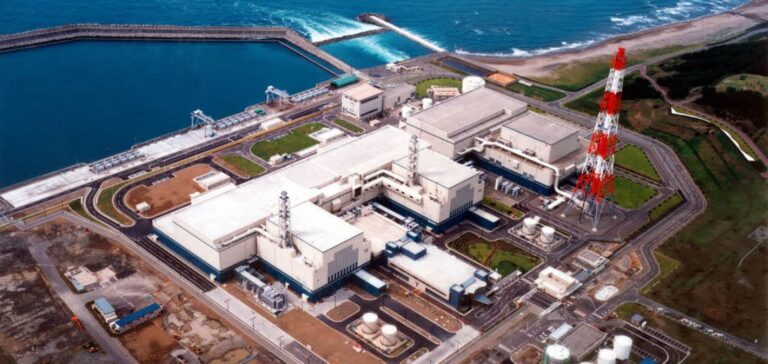At the request of Tokyo Electric Power Company (Tepco), an IAEA expert mission assessed physical safety at the Kashiwazaki-Kariwa nuclear power plant in Niigata prefecture, Japan, from March 25 to April 2. The team examined physical protection measures against theft, sabotage or unauthorized use of nuclear and radioactive material, in line with the Convention on the Physical Protection of Nuclear Material and IAEA guidance documents.
Improvements and recommendations
Since 2018, ongoing improvements have been identified in the plant’s physical protection system, in a national context of nuclear revival. Most of the improvements recommended by a previous IAEA mission have been implemented, with some still in progress requiring considerable resources and time. The team provided Tepco with recommendations for further improvements.
Commitment to safety
Takeyuki Inagaki, Director of the Kashiwazaki-Kariwa power plant, affirmed the importance of the expert team’s findings in strengthening nuclear safety in line with IAEA international standards. Tepco is committed to continuously improving its security measures, strengthening prevention against internal threats and aiming for a superior physical protection system.
Application for approval to load fuel
Tepco has submitted an application to the Nuclear Regulation Authority (NRA) for approval to start loading fuel into units 6 and 7 at Kashiwazaki-Kariwa, the first Japanese boiling water reactors proposed for restart. Despite a temporary ban in 2021 due to faulty intruder detection equipment, Tepco plans to load fuel into unit 7 on April 15, pending local approval to reach criticality.
Restarting units 6 and 7, which have been out of service since 2011 and 2012 respectively, could boost Tepco’s revenues by JPY 100 billion a year. Although Tepco is concentrating on these units, the company is also continuing clean-up work at Fukushima Daiichi, demonstrating its commitment to nuclear safety and regional economic development.






















